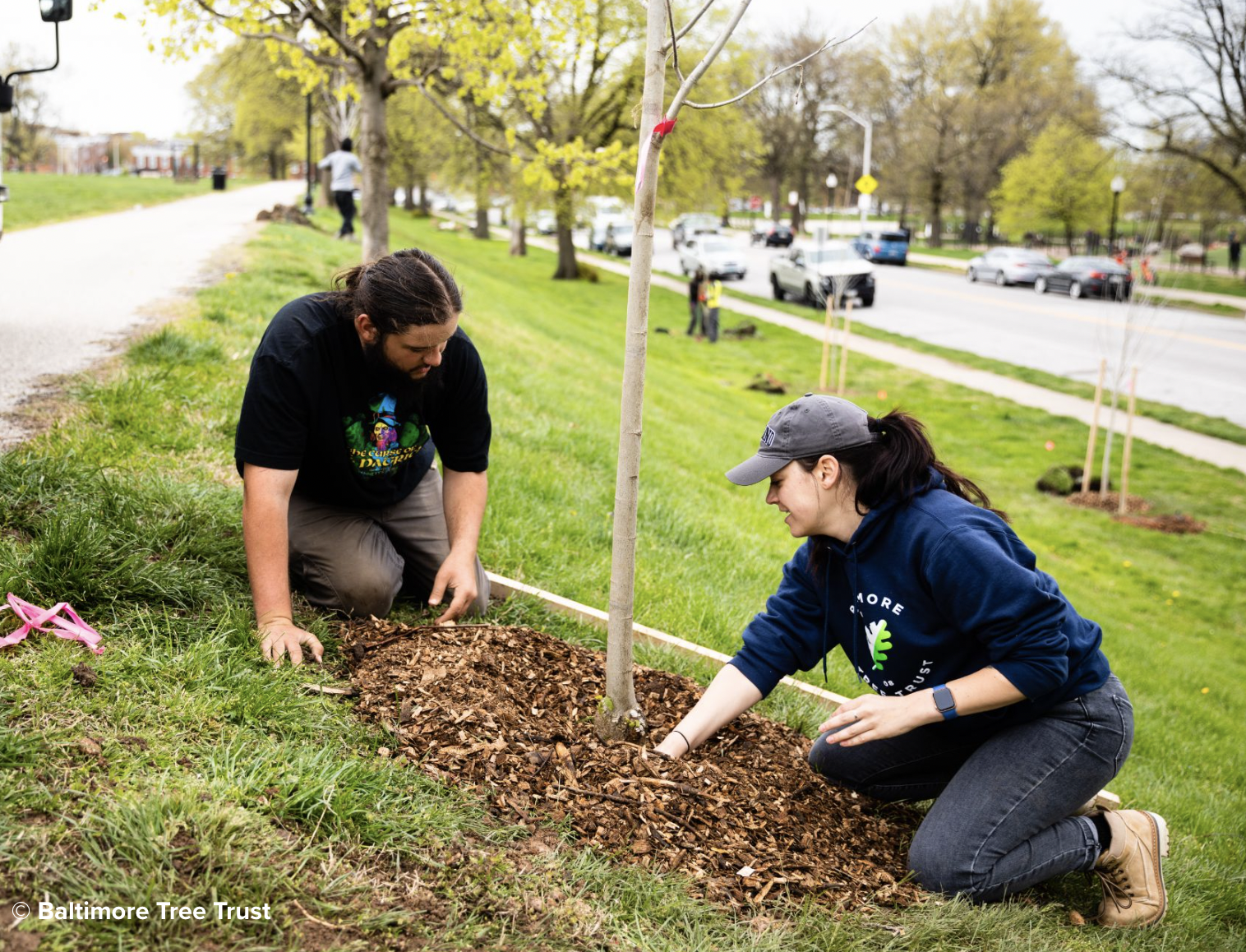How Trees Keep D.C. And Baltimore Cool
Satellite technology—and community outreach—can help harness trees’ cooling power for city residents. Trees are important in absorbing heat, sequestering carbon dioxide, and preventing soil erosion. Dr. Mike Alonzo, assistant professor of environmental science at American University, is using satellites to track changes to the tree canopy over time and identify when during the day trees do their best cooling work. Ryan Alston with the Baltimore Tree Trust has been working with the community to educate residents about planting trees in the city, which has a history of redlining affecting the number of big trees in historically Black neighborhoods. Alonszo and Alston discuss the power of urban trees in a live Science Friday event at George Washington University.

Published : 4 weeks ago by Emma Gometz in
Springtime is a great reminder of just how beautiful trees can be. Cherry blossoms and magnolias put on a gorgeous show, but trees aren’t just there to look good. They play an important role in absorbing heat, sequestering carbon dioxide, and preventing soil erosion.
Dr. Mike Alonzo, assistant professor of environmental science at American University, is using satellites to determine just how effective urban trees are at keeping neighborhoods cool. He’s been able to track changes to the tree canopy over time, and identify when during the day trees do their best cooling work.
In Baltimore, Ryan Alston with the Baltimore Tree Trust has been working with the community to help residents understand the importance of planting trees. The city has a history of redlining, which affected the number of big trees in historically Black neighborhoods, leading to major differences in how hot certain neighborhoods get in the summer.
Alonzo and Alston join Ira Flatow live on stage at George Washington University to discuss the power of urban trees.
• This radio segment was recorded in Washington, D.C., at a live Science Friday event with George Washington University. To participate in one of our recordings in the future, check out our upcoming events page!
• Learn more about why cities get so hot, and how different U.S. cities are using trees to beat the heat via NOVA Next.
